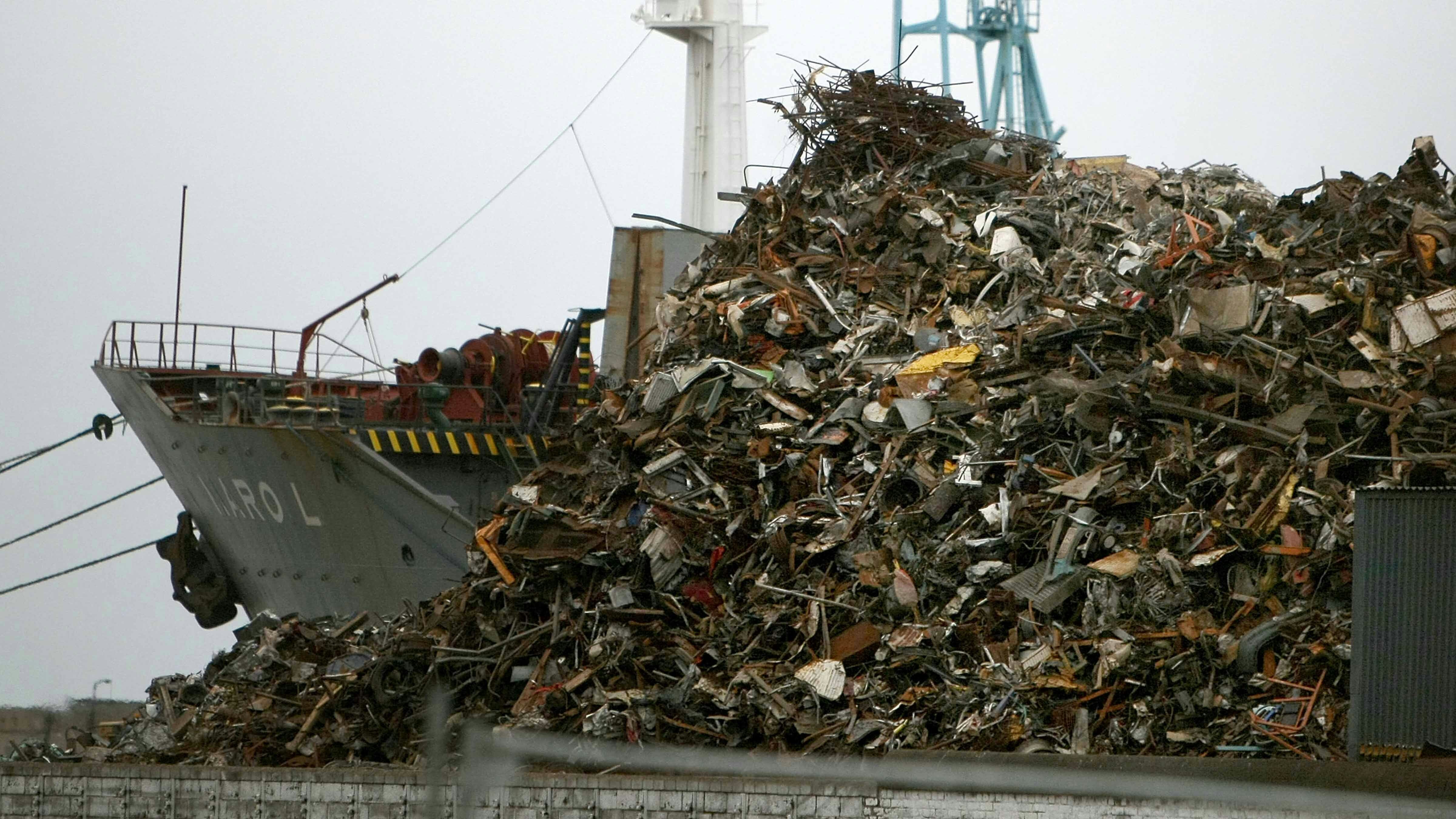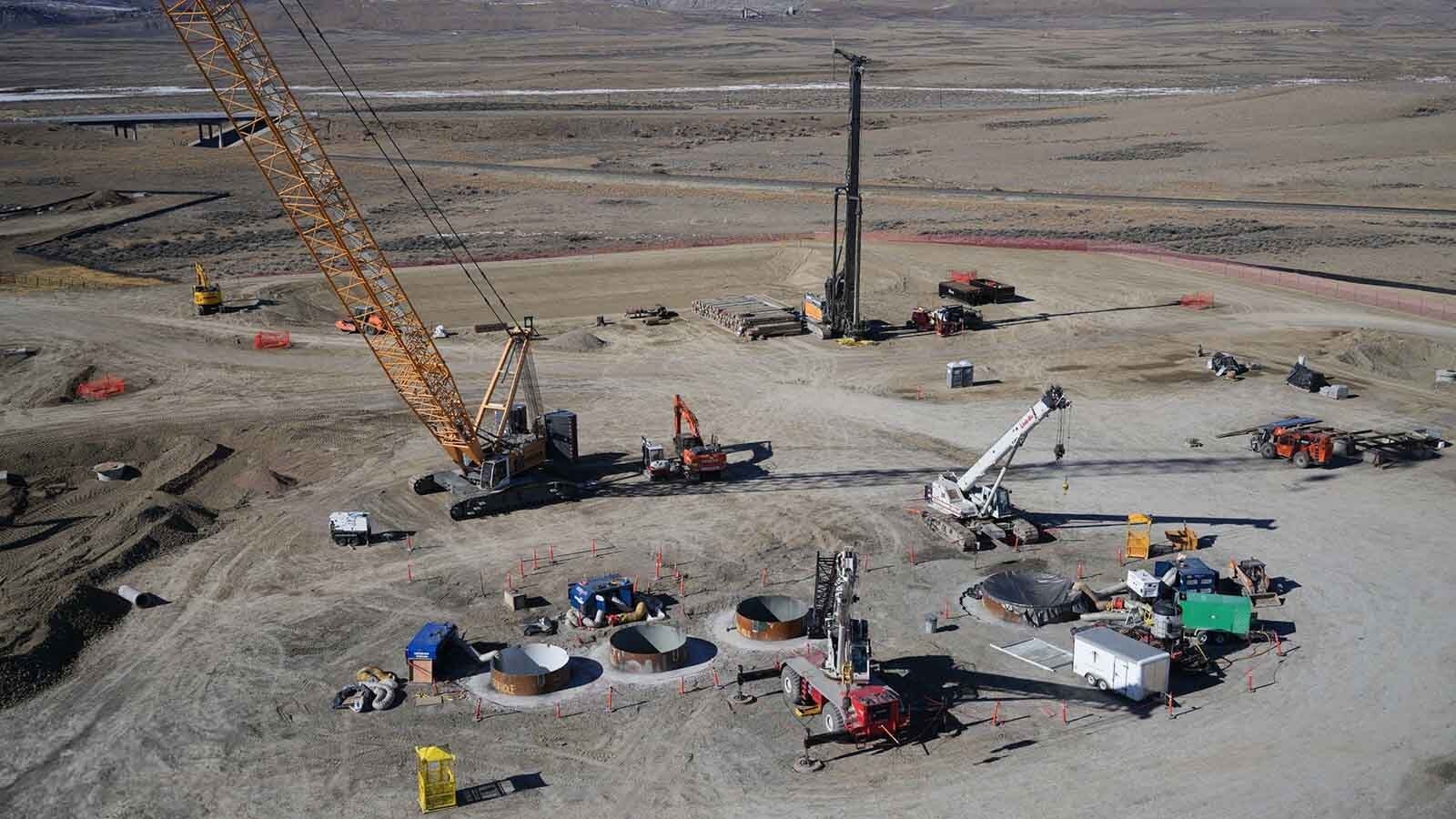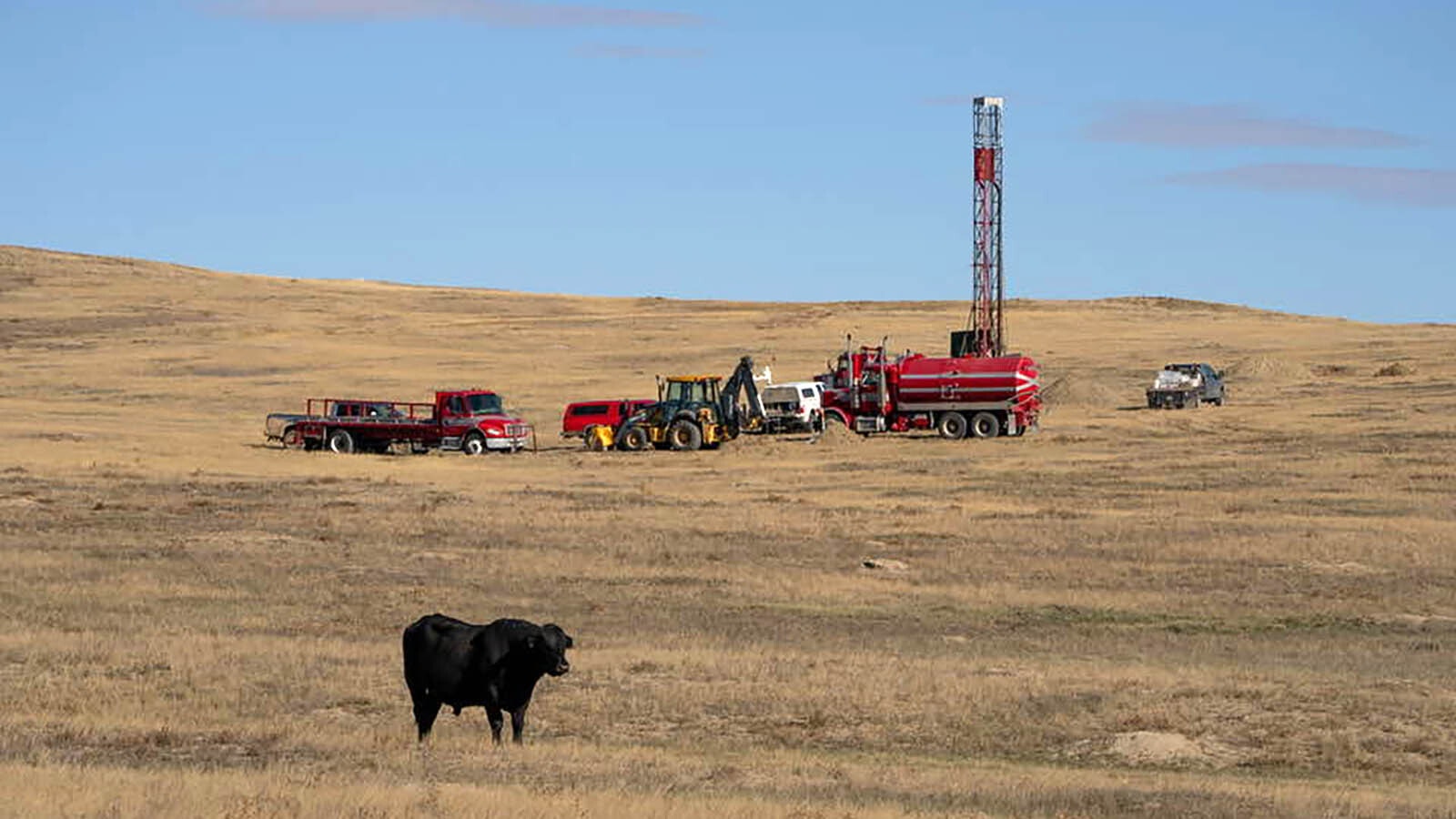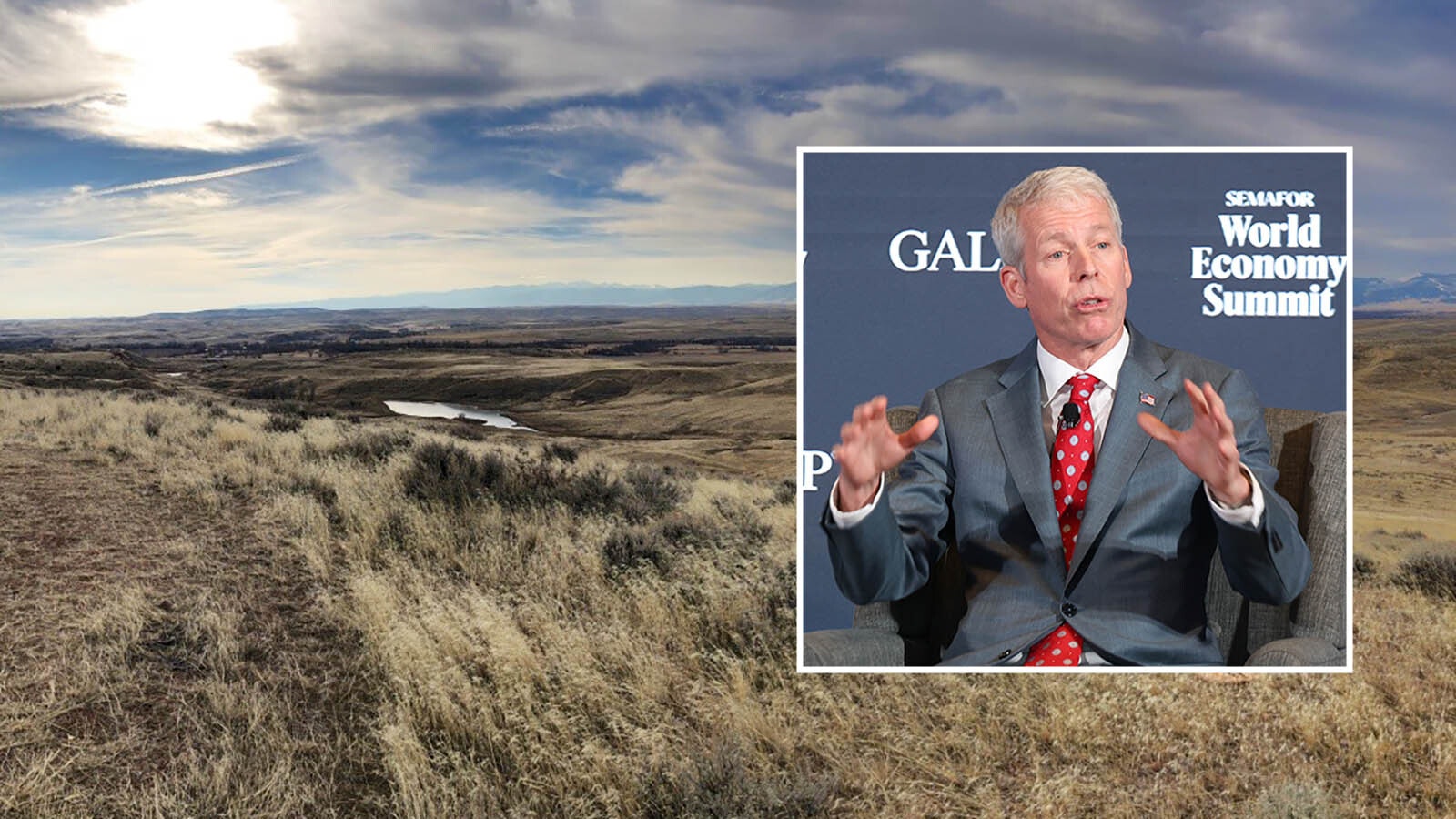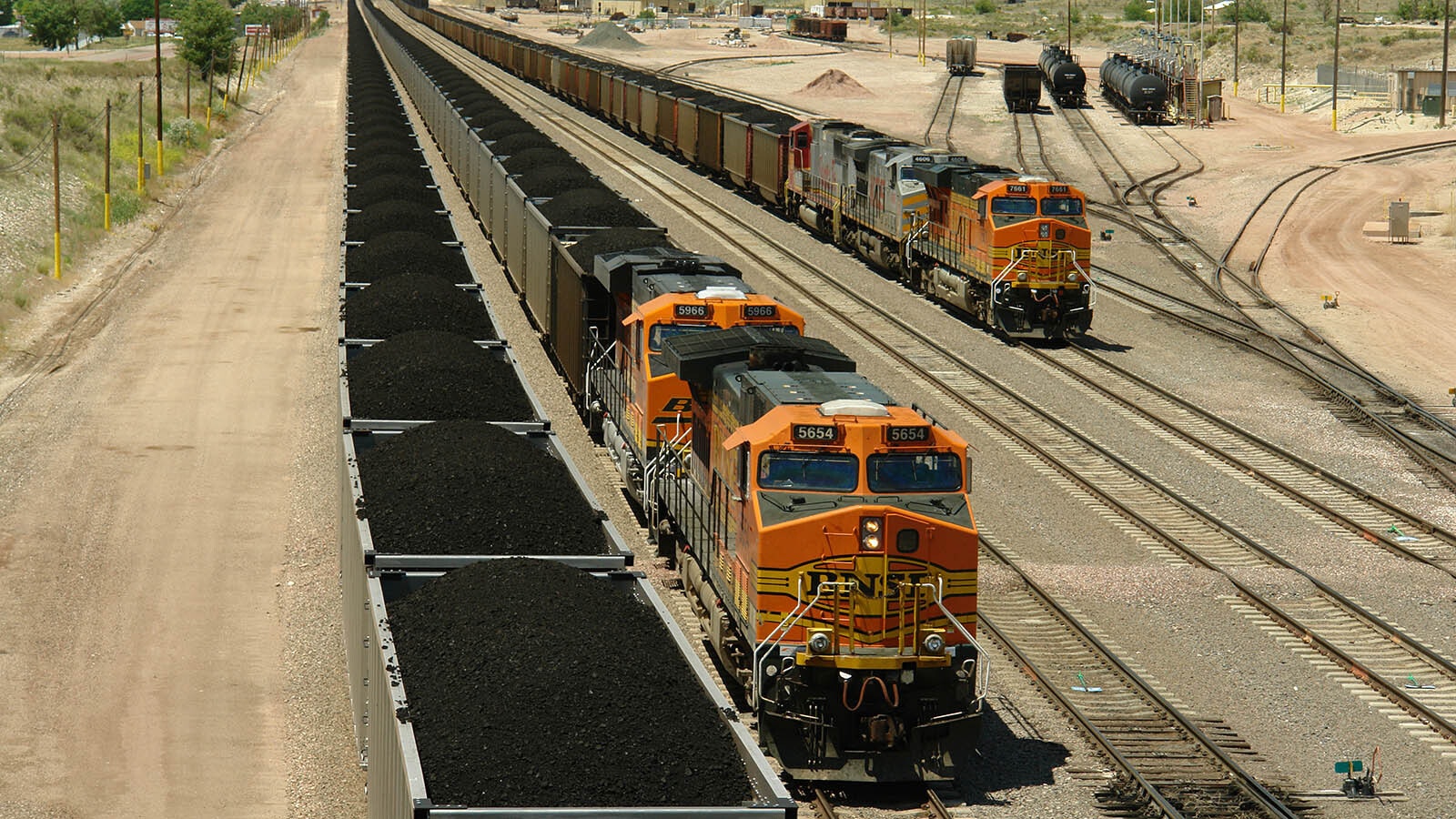Multiple reports of a looming copper shortage have popped up in the past few months, as demand for copper is increasing.
Political unrest in Peru the second largest supplier of copper in the world led to the blockades of the country's mines. This week, Chile, which is the largest supplier in the world, posted the lowest copper output in six years.
A CNBC article in February warned that copper shortages could persist through the end of the decade.
David Miller, whose 40-year career in mining includes work in South America, Mongolia, Kazakhstan and the western U.S., told Cowboy State Daily the article is "clickbait."
"Its just a waste of time to even read it," Miller said.
Incentives
Miller explained that when any commodity becomes scarce, its price goes up. As its price goes up, it creates an incentive to do more exploration to find more and spurs innovation to produce it more efficiently.
Back in the 1850s, Miller said, there was a peak whale oil scare, as whaling depleted populations of the marine mammal. This helped spur exploration for another fuel source, which became kerosene, the first use of petroleum.
American business magnate John D. Rockefeller "saved the whales with the earth by getting kerosene going," Miller said.
Wyoming Supply
Demand for copper is rising as a result of increased construction of wind farms, solar farms, battery facilities, and transmission lines. At the same time, more automobile manufacturers are switching to electric vehicle lines, and federal tax incentives are encouraging electric vehicle purchases.
With so much of the copper supply dependent on foreign sources, companies are looking to mine copper and other critical minerals here in the U.S.
Gold King Corp. filed an industrial citing application last month with the Wyoming Department of Environmental Quality, for a silver, gold, and copper mine west of Cheyenne called the CK Gold Project.
None of the project is on federal land, which could reduce the permitting time to 18 months, down from a decade.
"The great thing about a domestic source of copper is that it's not subject to the political whims of South America," Jason Begger, spokesperson for the CK Gold Project, told Cowboy State Daily.
Blocking Development
A lot of mining must go through the federal government, and the process is lengthy and difficult.
The Bureau of Land Management and Forest Service last month proposed a 20-year ban on mining in an area of South Dakota, due to its proximity to cultural and natural resources. Minneapolis-based F3 Gold was deep into a multi-year approval process for a gold exploration project in the area.
The Biden administration also banned access last month to nearly 51,4000 acres of public lands in Nevada, which has deposits of lithium.
The EPA blocked the Alaskan Pebble project, which potentially could have been the largest copper mine in the world, over concerns it would impact salmon streams.
Miller said that these restrictions on domestic mineral development end up exporting production to foreign countries, which lack any environmental and labor standards like we have here in North America.
This means mines with no reclamation requirements and often child labor, like the cobalt mines in the Congo.
"So it's a shame that while we're resource rich in this country, there's a political agenda against letting minerals operate in this country," Miller said.
High Standards
Begger said that CK Gold Project will be operated with some of the highest environmental standards in the country.
"That copper is going to be mined with an eye towards environment reclamation, and the workers are all going to be paid an excellent wage with excellent benefits," Begger said.
As the demand for critical minerals goes up with a move toward electrification and wind and solar, the environmental degradation will only become worse if those minerals have to come from countries without these standards, Begger said.
"It's much like the energy industry. Being able to secure a domestic supply eliminates a lot of risk," Begger said.

